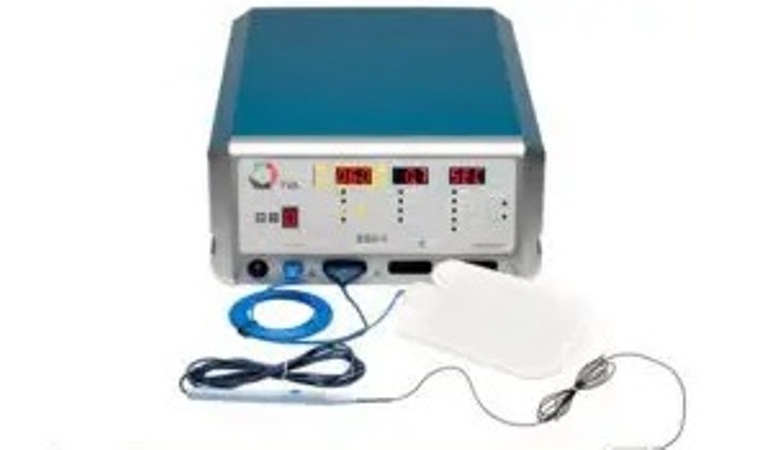
The global market for rheumatoid arthritis treatments is expected to grow at a CAGR of...
Learn More
Our consulting solutions address company specific challenges with respect to micro environment...
Learn More
Organizations frequently need day-today research guidancein order to gain strategic...
Learn More
Exploring different areas of market research and market analysis is a key factor...
Learn MoreAcute Market Reports presents the most extensive global business research services across industries. Our research studies focus on potential outcomes, benefits, and risks associated with each market segment across geographies. Having served our global clients for more than 10 years, our prime priority is to enable our clients in making well-informed business decisions through a data-driven, analytical, and uncomplicated research approach.
We provide access to the world's most comprehensive, analytical, and updated business intelligence services and solutions.




The vehicle emotional intelligence market is expected to grow at a CAGR of 16.2% during the forecast period of 2025 to 2033. The vehicle emotional intelligence market focuses on the integration of emotional intelligence capabilities in vehicles, enab...
Read More
The automotive electric drive axle market is expected to grow at a CAGR of 25.5% during the forecast period of 2025 to 2033, automotive electric drive axle market plays a pivotal role in the evolution of electric and hybrid vehicles, transforming the...
Read More
The arteriovenous fistula devices market is expected to witness a CAGR of 7.5% during the forecast period of 2025 to 2033, due to factors that have contributed to its expansion. In this comprehensive overview, we will delve into three primary drivers...
Read More




